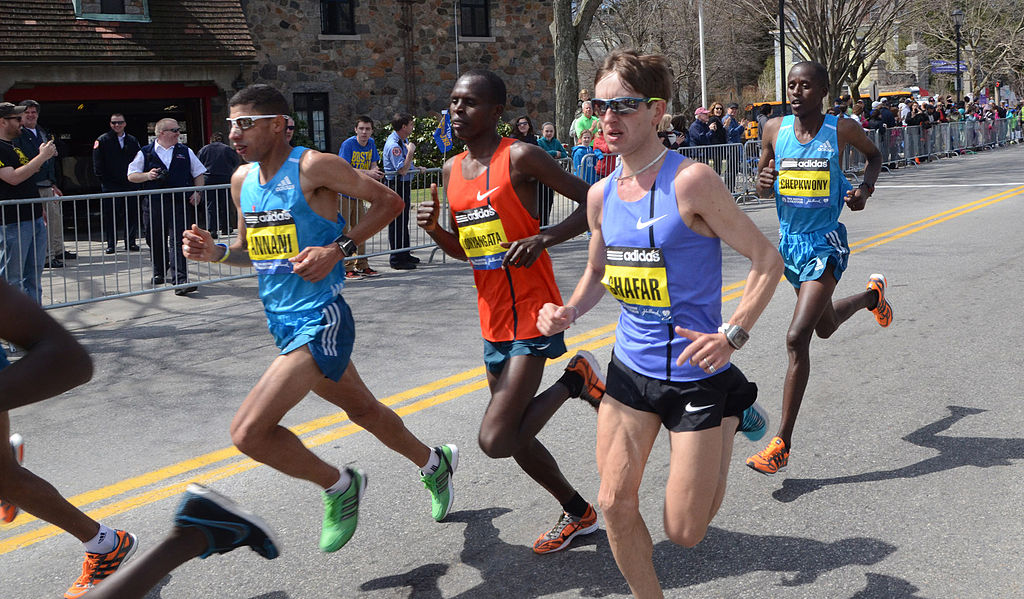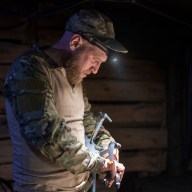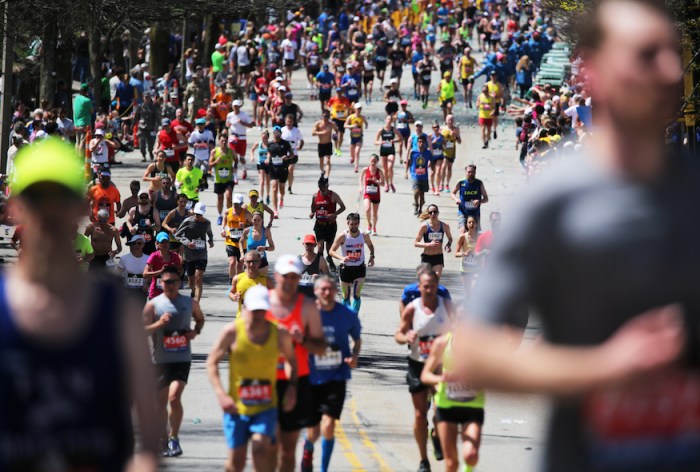As runners lace up for the Boston Marathon next week, who makes it to the finish line might come down to genetics.
Marathon races, at 26.2 miles, are a strenuous exercise for any runner, even with training.
“With regard to muscle demands, completing a marathon requires approximately 30,000 strides, while the legs absorb between 1.5 and 3 times the body weight of the runner every step,” Juan Del Coso, from the Exercise Physiology Laboratory of the Camilo José Cela University, told Science Daily.
As runners’ leg muscles repeatedly contract throughout the duration of the race, it causes progressive deterioration in the muscle fibers. At the end of the race, researchers realized some runners complete marathons with very low levels of muscle deterioration while others reach the finish line with profound muscle pain – even if they have had similar training.
Researchers at the Exercise Physiology Laboratory wanted to know if muscle pain after distance running had a genetic cause. They studied seven genes related to muscle function and conducted blood tests before and after marathon races, working with 71 experienced marathon runners, and the results were conclusive: Runners with higher levels of creatine kinase and myoglobin in their blood were more likely to experience pain during long-distance runs, according to their study, “Optimum polygenic profile to resist exertional rhabdomyolysis during a marathon.”
So while you might have genetics to blame for muscle soreness or fatigue when headed toward the finish line, researchers are quick to point out that runners shouldn’t use genetics as an excuse not to attempt a marathon (or any other endurance competition). In fact, the study highlighted the opportunity for using genetics in training and preparing for such events.
“In the near future, marathon runners may be able to measure their genetic profile to know how prepared they are for competing in a marathon and in other resistance tests,” Del Coso said in Science Daily.



















